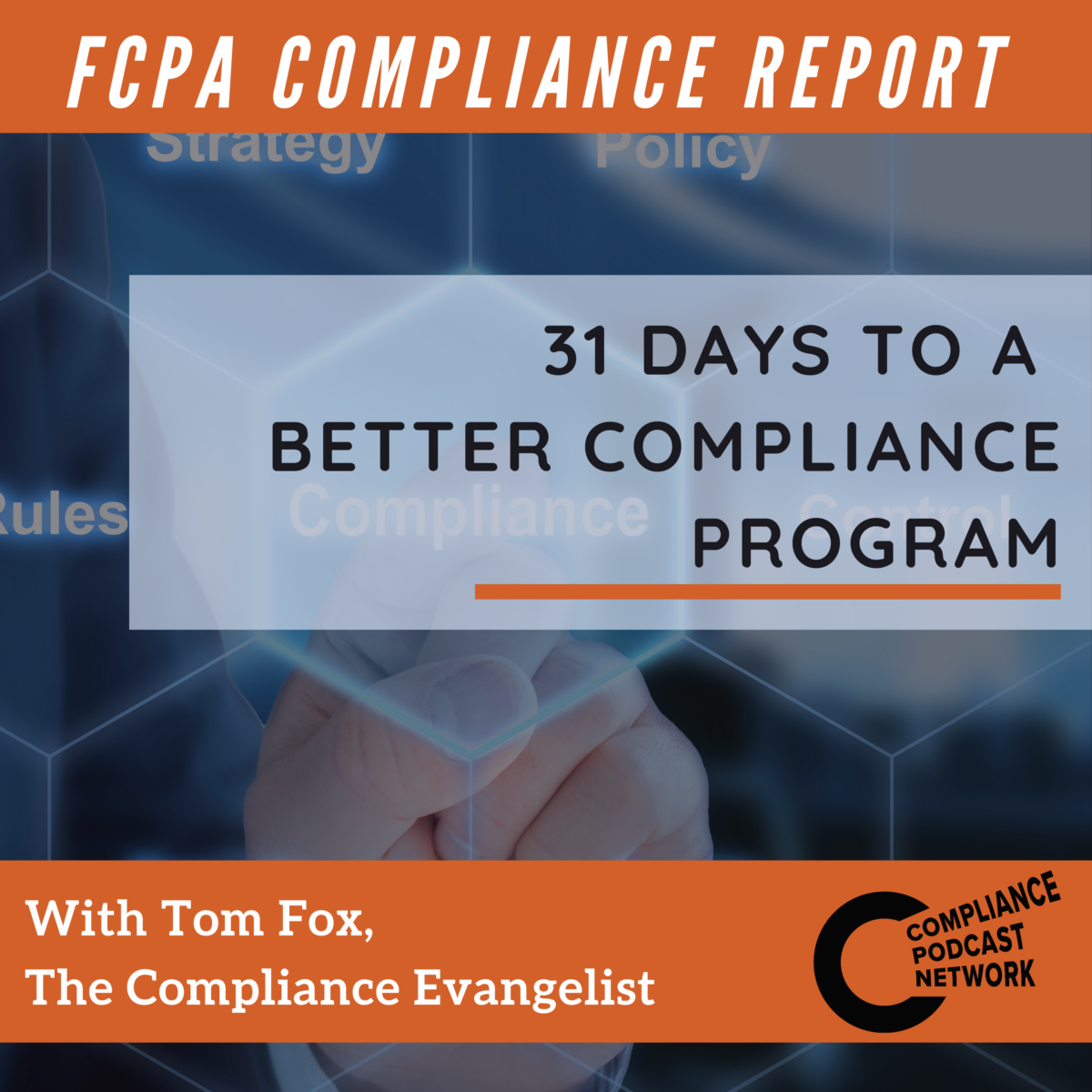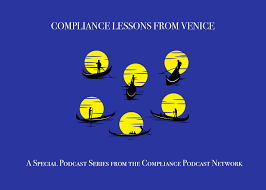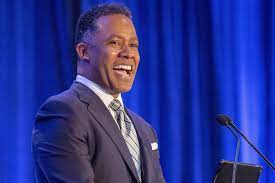Assistant Attorney General Kenneth A. Polite, Jr. began his speech with an interesting aside. It is about the clear tie between poverty and corruption. This is why it is important to prosecute corrupt government officials because their actions keep the people of in such dire economic straits. He stated, “Just as crime recognizes no borders, our efforts to combat it must be equally boundless. We need our partners – both domestic and international – to solve community problems. That is where the Criminal Division thrives.” In the Diaz case there was international cooperation at various levels. Think about that for a moment, the US and Venezuelan governments cooperating on anything, yet they apparently did cooperate on this matter. Polite added that several recent FCPA corporate enforcement matters, “Glencore, ABB, Danske, and Stericycle, among many others, underscore the successes that we’ve shared with our colleagues abroad.”
To be truly effective community problem-solvers, prosecutors must broaden our sense of community by literally ‘spanning the globe’ to fight crime, including bribery and corruption. Polite stated, “Crime does not limit itself by country or region. Corruption’s corrosive effects are global, with the world’s poor often bearing the brunt. Bribery threatens our collective security by undermining the rule of law and providing a breeding ground for other crime and authoritarian rule.”
Clawbacks
The clawback policy was developed to promote “innovative approaches to compensation” which would “shift the burden of corporate malfeasance away from uninvolved shareholders onto those more directly responsible.” She believes “Companies should ensure that executives and employees are personally invested in promoting compliance” as “nothing grabs attention or demands personal investment like having skin in the game, through direct and tangible financial incentives.” This led the Criminal Division to “develop guidance, guidance on how to reward corporations with compliance-promoting compensation programs.”
The clawback Initiative has two parts. “First, every corporate resolution involving the Criminal Division will now include a requirement that the resolving company develop compliance-promoting criteria within its compensation and bonus system. Second is the creation of a 3-year pilot program under which the “Criminal Division will provide fine reductions to companies who seek to claw back compensation from corporate wrongdoers.”
Finally, the DOJ has added some real benefits for companies which follow these prescripts. First is that any company which resolves a FCPA violation will “pay the applicable fine, minus a reserved credit equaling the amount of compensation the company is attempting to claw back from culpable executives and employees.” Additionally, “If the company succeeds and recoups compensation from a responsible employee, the company gets to keep that clawback money — and also doesn’t have to pay the amount it recovered.” Finally, if the company’s efforts at clawbacks are not successful or completed during the pendency of the investigation up to the settlement “the pilot program will also ensure that those who pursue clawbacks in good faith but are unsuccessful are still eligible to receive a fine reduction.” All of these efforts are designed to “shift the burden of corporate wrongdoing away from shareholders, who frequently play no role in the misconduct, onto those directly responsible.” This new emphasis is clearly designed to encourage companies who do not already factor compliance into compensation to retool their programs and get ahead of the curve.
Polite provided more detail on the new clawback initiative. He said, “As to clawbacks: for companies that fully cooperate with our investigation and timely and appropriately remediate the misconduct, they may receive an additional fine reduction if the company has implemented a program to recoup compensation and uses that program. We expect companies that use these programs to address not only employees who engaged in wrongdoing in connection with the conduct under investigation, but also those who had supervisory authority over the employees or business area engaged in the misconduct, and knew of, or were willfully blind to, the misconduct.” (emphasis mine)
Expanding on the benefits for an organization, he stated, “If the company meets these factors and – in good faith – has initiated the process to recover such compensation at the time of resolution, our prosecutors will accord an additional fine reduction equal to the amount of any compensation that is recouped within the resolution term.” Finally, “if a company’s good faith effort is unsuccessful by the time the resolution term ends, our prosecutors will have discretion to accord a fine reduction of up to 25% of the amount of compensation that has been sought.”
Polite did leave room for companies to weigh a variety of factors in bringing a clawback claim. He noted, “We are not trying to incentivize waste. To the contrary, companies should make an assessment about the potential cost to shareholders and prospect of success of clawback litigation, given any applicable laws, and weigh it against the value of recoupment – and proceed in accordance with their stated corporate policies on executive compensation. This Pilot Program will be in effect for three years, allowing us to gather data and assess its effectiveness and also aid other components and offices in considering this important issue.”
Any litigation is always fraught with unknowns, both known and unknown. Given the imbroglio involving the DOJ and Cognizant Technologies Solutions over the DOJ prosecution of former executives, the road to any successful clawback will be fraught with peril. Additionally, it is not clear how far companies or the DOJ will push for clawbacks from “those who had supervisory authority over the employees or business area engaged in the misconduct.” If scope creep comes in it could be a wide group.







